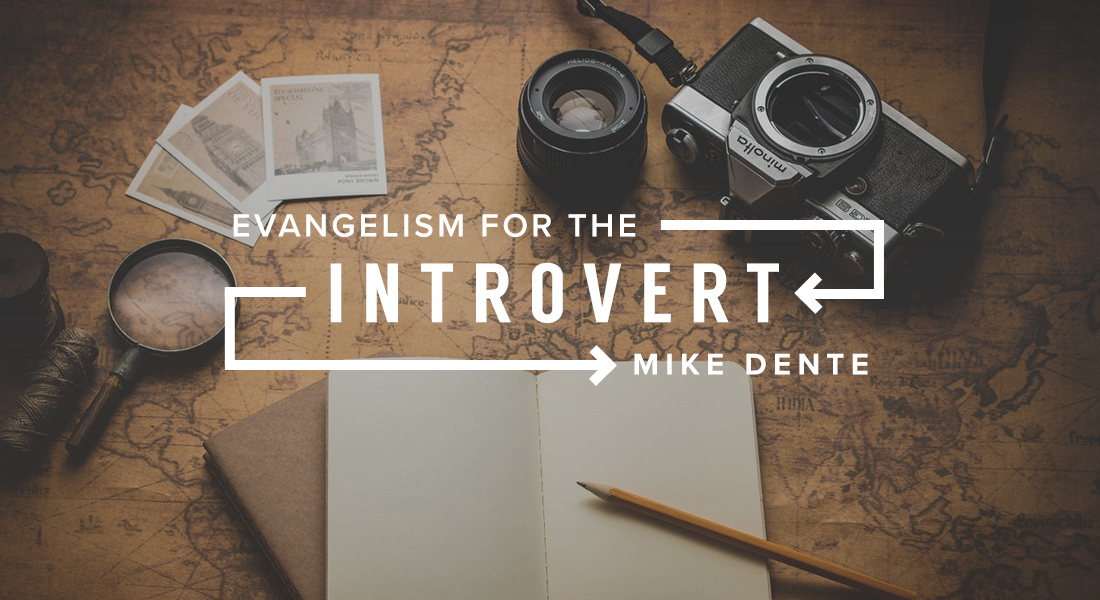
It’s safe to say that evangelism is on the Lord’s heart. When we pray, “May your kingdom come,” I believe the Lord wants to impress it on our hearts. Yet in practice, it’s not always easy, especially for those of us who have trouble talking to people they don’t know. That can be an obstacle, but the desire to seek the lost is real for even the shyest of introverts. This is what inspired me to share the story of Jacques Guggenheim: a Jewish man who grew up in the shadow of Nazi Germany and became an evangelist to the Jewish community in Paris. Though he went on to accomplish much for Jesus, his conversion starts with a quiet family who opened their home and shared the love of Christ to him when he was a boy.
Jacques Guggenheim spent his early years in Lyon, France, in a well-to-do apartment, which caught the eye of a local Nazi high officer.
When the officer moved in, he placed guards on top of the roof. Jacques’ father was Swiss, but his mother was Jewish. He received papers from the Swiss government, placing them out of jurisdiction from the Nazis. Slowly the apartment filled up with family members, including Jacques’ uncle, an escaped prisoner of war from Germany.
The pressure became so intense that in 1942 the Guggenheims decided to flee to Switzerland after Jacques’ grandmother fell ill and was identified as a Jew by the doctors. Their family and the Jewish community in Switzerland were less than enthusiastic about the idea because the economy was suffering, and they were shielded from the news of internment camps and deportations. Feeling they no longer had a choice, the Guggenheims left for Switzerland, whether they were welcomed or not.
Prior to this, the only Christians Jacques knew were the bullies in school who abused him to the cries of “Christ killer.” It was a surprise then, during their first summer in Switzerland, when his father took him to stay with a Christian family.
The family thanked them for coming and said they were honored to house Jacques because their family had a Jewish treasure that was centuries old—the Bible. Every night, they opened the Bible and taught from it simply, explaining the meanings in a way he never heard. Although they never forced him to listen to the family devotionals, his curiosity got the better of him, and he couldn’t stay away.
The following summer, he worked hard to prepare for his Bar-Mitzvah, but the Rabbi made it difficult for him. He wouldn’t let Jacques ride his bike to the classes; he forced him to follow the Sabbath law and walk. In contrast to the Bible study with the Christian family he was staying with, the more he learned the Hebrew Text, the less he understood it. Then to add to his frustration, he realized he looked forward to their family devotions and their liberty to just…enjoy the Bible. He was jealous.
Jacques’ fascination and outrage with the family came to a peak that summer when he accused them of thievery. As he saw it, they stole his people’s Bible. It was his God after all, the God of Abraham, Isaac and Jacob, not theirs.
As Jacques moved on, he turned toward art and graduated from the Beaux Arts Academy. His search for beauty took him to Italy and eventually to Naples before he fell seriously ill. Hospitalized in Southern Italy brought him to the end of himself. He’d seen the double lives that many lived, and as he lay suffering, he began to pray to Jesus. He was eventually transferred to Nancy, France, where he drew near to some Christian friends. This is what eventually led him to surrender and put his faith in Jesus as the Messiah.
From the moment he believed, Jacques was a radically changed man.
He immediately went to work to announce Jesus the Messiah to the Jewish people. At this time, there weren’t many evangelicals in France, and an even smaller number of Jewish believers. His zeal couldn’t be stopped, and he found himself involved in full time ministry. In 1977, he took over as chief editor of an underground evangelical newspaper, Le Berger d’Israel (The Sheppard of Israel). This led him to travel all over Europe, and even to the US in evangelistic outreaches and conferences until he reached retirement age.
Though he transitioned out of the Berger d’Israel, Jacques remains quite active. He volunteers for Jews for Jesus, works as a teaching pastor at his church and has returned to painting. In his 60 years of ministry, he has become a pillar for the Messianic community in France.
When asked about sharing the Gospel with the Jewish people, he unashamedly exhorts us to not forget them. He warns us though by saying, “The Jewish people are not who evangelicals think they are, nor are they who we want them to be. So we must get to know them as they are, as we would with any other people group, and share the Gospel.”
This is what he experienced as a boy in Switzerland by the family that took him in. They listened to him and invited him into their family. They simply shared from the Scriptures.
Before leaving my interview with him, I asked him if he had one more word for the church today. He sat back and looked at his office walls covered in paintings of Hebrew letters and Mediterranean landscapes. He said, “There is one thing I have on my heart for the Body of Christ. We must not say we love Israel, and despise other people groups. We need to learn to love all people, and learn to love them for who they are in order to share Jesus with them.”
Jacques’ life has given me much time to think about evangelism.
He is still very charming with a friendly, warm personality, active in sharing his faith. He embodies the books and the seminars on evangelism; although excellent, they’re geared toward the extroverts among us. In Jacques’ conversion, however, we see a simpler form of evangelism— hospitality that planted a seed in the heart of a child. God used that family and their Bible study to reach a man who would later travel the world telling Jewish people about their Messiah. It’s a story that can encourage us to continue sharing, inviting people into our homes and lives. As Hebrews 13:2 says, “Do not forget to entertain strangers, for by so doing some have unwittingly entertained angels.” In this way, we may just end up planting the Gospel seeds in the life of someone God might use on a much larger scale.






